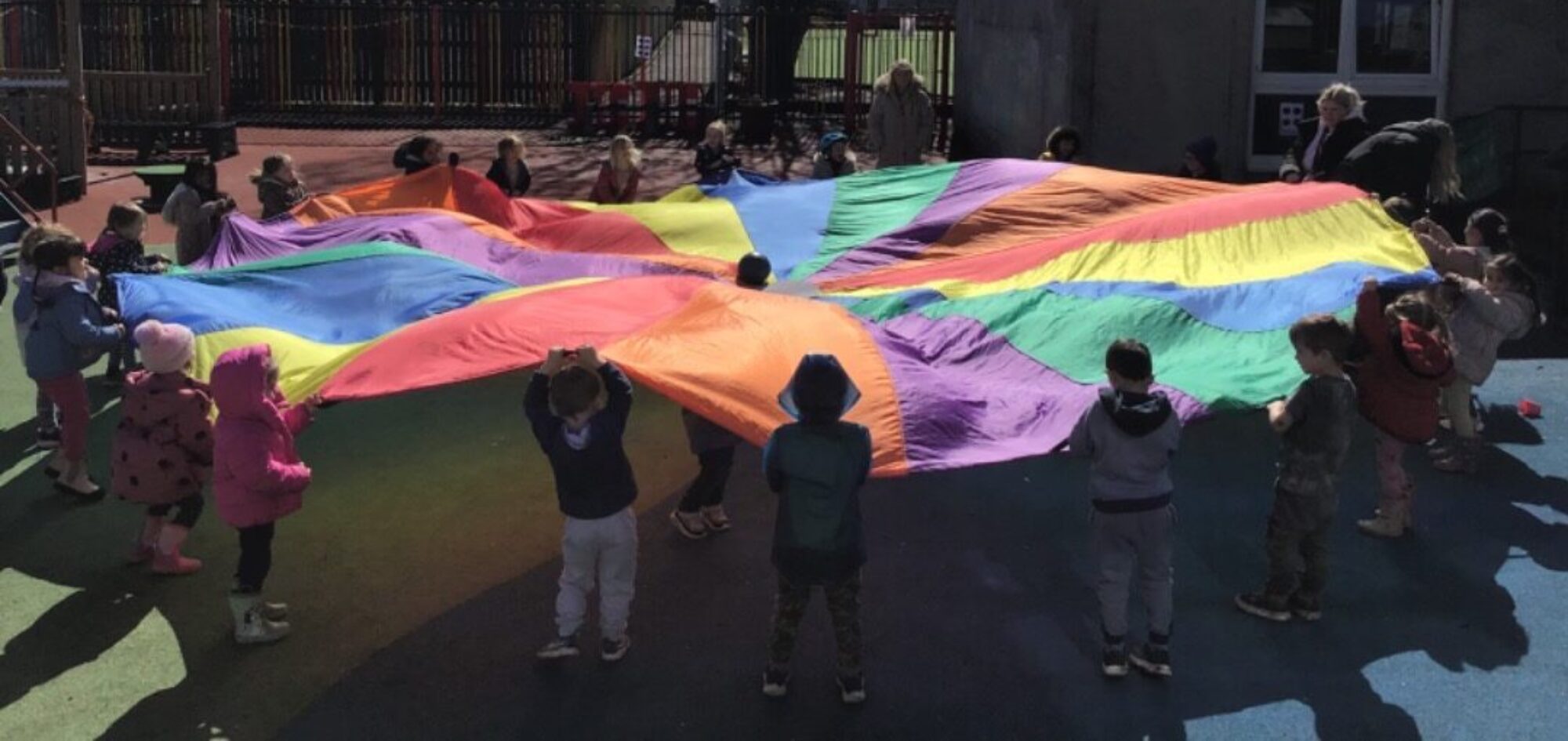
SAFE – When using tools in the garden we understand that we need to do this safely. We should not be running around or using them for things that may hurt us or our friends.

HEALTHY – We have been learning the journey of food and which food types keep our bodies healthy.

ACHIEVEING – We know that by tending to, and watering our seedlings we will be successful in growing our tasty vegetables.
 NURTURED – By learning how to grow our own vegetables we are nurturing our own knowledge and life skills. We are also exposed to a great visual on the power of nurture in action.
NURTURED – By learning how to grow our own vegetables we are nurturing our own knowledge and life skills. We are also exposed to a great visual on the power of nurture in action.

ACTIVE – We have to use our muscles to dig our soil and pull any weeds.

RESPECTED – We respect that we all have different tastes, likes and dislikes.

RESPONSIBLE – We understand that we have to take care of our vegetables in order for them to grow.

INCLUDED – We explore different foods from all around the world experiencing and learning about different cultures and food journeys.

 Getting it right for every child (GIRFEC) is based on children’s rights and its principles reflect the
Getting it right for every child (GIRFEC) is based on children’s rights and its principles reflect the 